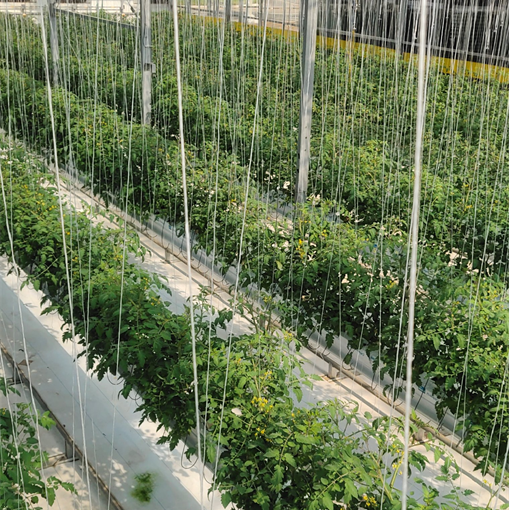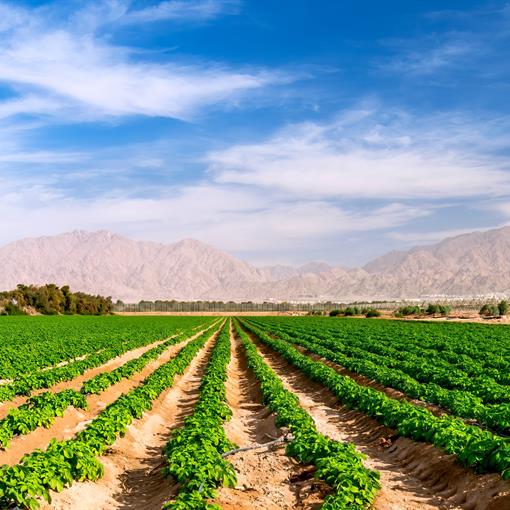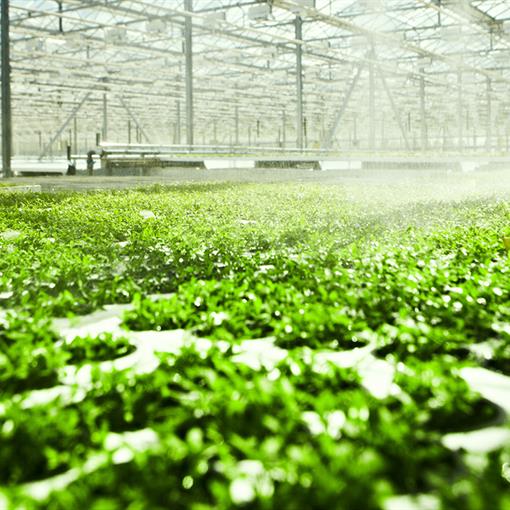Controlled Environment Agriculture (CEA) in the KSA
Beginning in July 2022, the CDA has launched several pilot projects within the CEA domain, in collaboration with Red Sea and external industry partners, exploring different aspects of CEA design and engineering that will increase the viability of CEA in the KSA and other hot, arid regions.
CO2 in CEA
The current CEA pilot projects include novel carbon dioxide capture and enrichment strategies for greenhouse crop production systems. Depending on many factors, CO2 enrichment in greenhouses can significantly increase yields, which strengthens the argument for CEA as the most space use-efficient method to grow food. However, the sourcing and delivery of pure CO2 often makes this cultivation strategy inefficient and cost-prohibitive for growers, especially in regions where greenhouses need to be cooled (as opposed to heated). The CDA-CEA team aims tackle these challenges for CO2 enrichment in greenhouses in the KSA. Project partners include Red Sea, Gulf Cryo, CO2Gro, and CarbonNet.
Agrivoltaics


